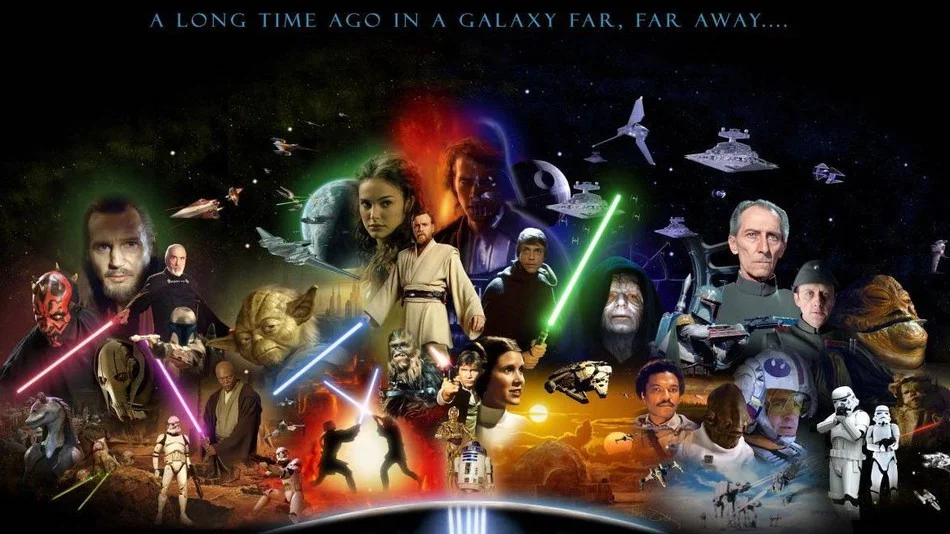Even without a lifelong appreciation for all things Star Wars, anyone with a basic understanding of the movies and their stories and an interest in better understanding modern military conflict will benefit greatly from reading Strategy Strikes Back. I have not found another collection of essays where the authors use their superior imaginations to explain and simplify complex topics so well.
The Best Club in the History of the World: #Reviewing The World According to Star Wars
Even if Star Wars objectively is not-so-great as a film series, its enduring themes found in thousands of years of narratives tap into something universal that manages to overcome any creative or other shortcomings. “There’s a deep human desire for common knowledge and common experiences,” he writes. And the hero’s journey is one nearly everyone can relate to. His book also explores human behavior, covering how people succeed, decision-making (freedom to choose, he highlights, is a key Star Wars value), and father-son dynamics. At a high-level, it might be said that Sunstein wrote a book about relationships—how each generation creates ways to connect to the next, how children redeem their parents, and how law develops over time.
When Fear Drives Policy
In the second installment of the original Star Wars trilogy, the main character Luke Skywalker is prompted to enter a cave on the planet Dagobah by his teacher, the venerate warrior Yoda, as part of his training. Luke senses the evil within, and so, he arms himself before proceeding. Yoda, understanding the challenge before his pupil, counsels Luke to leave his weapons behind. Trusting prudence over wisdom, Luke arms himself and plunges into the cave where he is confronted by a manifestation of his nemesis, Darth Vader. Skywalker defeats his foe in a brief saber duel but his moment of victory is interrupted when Darth Vader’s mask disappears to reveal Luke’s visage.




